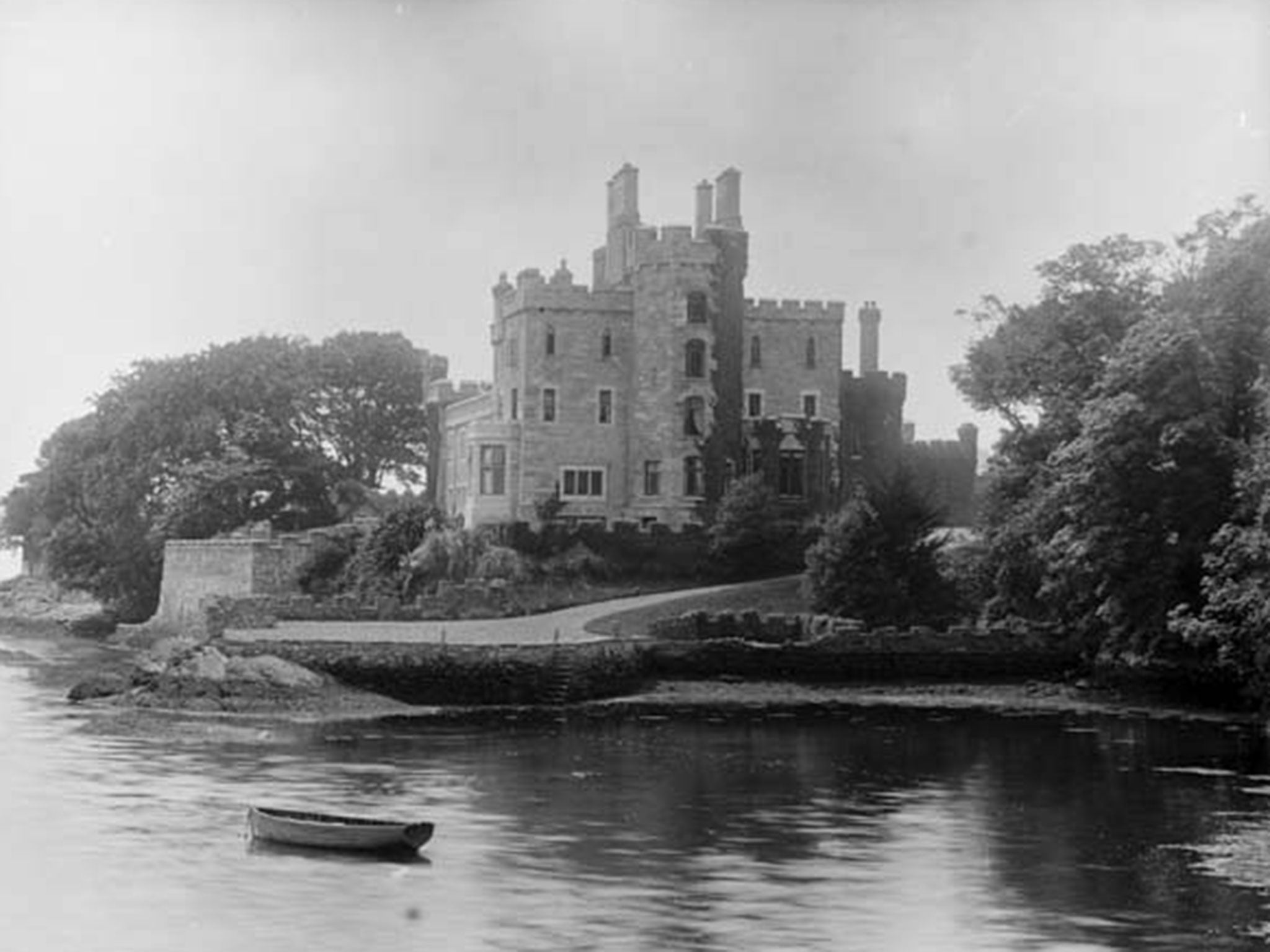Ashes in the Wind, Christopher Bland, review: An impressive first 200 pages lead into a disjointed second half
It’s the literary equivalent of a racehorse which, having bolted from the gate, eventually ambles home exhausted and outside the places

The dust jacket features a photograph of a man and boy outside a castle. On the back an author’s note explains: “This photograph shows my great-grandfather with my grandfather at his knee, taken in front of Derryquin Castle in County Kerry towards the end of the 19th century.” The image “drove me to write about the Anglo-Irish Burkes and the Irish Sullivans, members of two distinct tribes with passionate and painfully intertwined history.” This is interesting but it’s too much information too soon, and the decision to print the note on the cover is bizarre.
After that it’s a pleasant surprise that the opening 200 pages of Christopher Bland’s first novel are assured and involving.
He dramatises the Irish war of independence from the perspectives of John Burke, the boy in the photograph, and Tomas Sullivan, who hails from one of the Burkes’ tenant families. The Burkes are Anglo-Irish gentry, on the peripheries of nationalities: “We don’t belong in England or in Ireland.” Tomas, whose loyalties are more straightforward, joins the rebels and executes John’s mother, Eileen.
Bland, a former chairman of the BBC, avoids fetishising the past in the manner of some historical fiction and television drama. His 1920s Dublin feels as contemporary to readers as it does to his characters, due to his spare prose and present-tense narration. His depiction of Michael Collins (“the Big Fellow”) is vivid, unsentimental, and he has a gift for describing violence. The “strange, repressed society” of free Ireland is reflected in Tomas’s military career and John’s experiences as a racehorse trainer.
Here the impressive 200 pages give way to a second half in which creaky dialogue, abrupt shifts in point of view and the inflexibility of the present tense make for a disjointed novel.
The evocation of the “chaos and confusion” of war is skilfully paced but, when John’s son James quits his job in the British government and returns to Kerry in the 1990s, Bland loses control of the narrative. It’s the literary equivalent of a racehorse which, having bolted from the gate, eventually ambles home exhausted and outside the places.
Bland doesn’t know how to end the story so it meanders into self-indulgence. Ian McEwan recently criticised novels that fail to “earn their length” and this overlong book reads like something one of McEwan’s judges or doctors might compose in their spare time. It reminds us that history is written by the winners but also demonstrates what can happen when art is monopolised by the comfortable.
Head of Zeus, £14.99. Order for £13.49 (free p&p) from the Independent Bookshop: 08430 600 030
Subscribe to Independent Premium to bookmark this article
Want to bookmark your favourite articles and stories to read or reference later? Start your Independent Premium subscription today.

Join our commenting forum
Join thought-provoking conversations, follow other Independent readers and see their replies